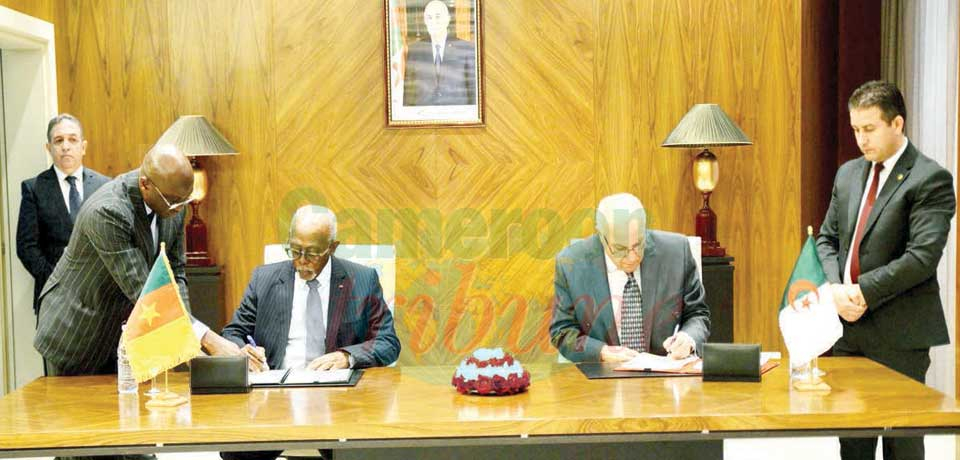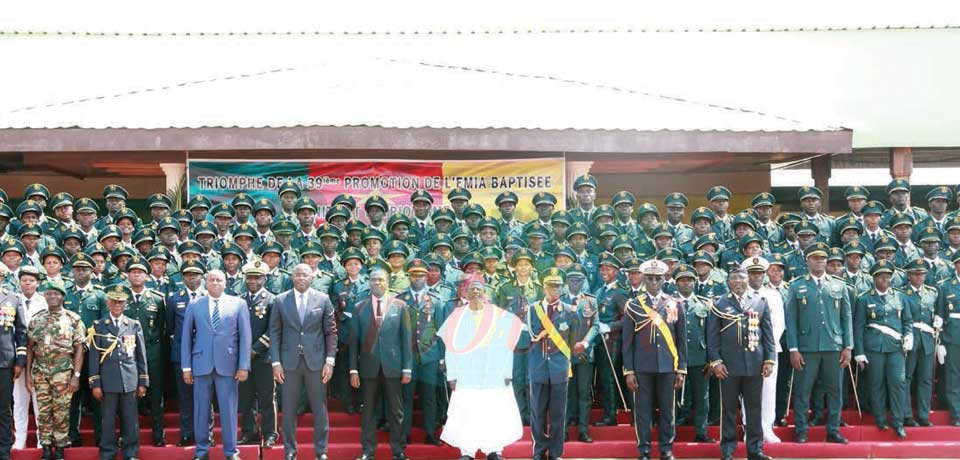The Challenges Of Nationhood: From Partition To The Republic Of Cameroon
- Par (é) Jean-Paul KOMON, Le président du CNAMSMD,
- 14 mai 2018 06:58
- 0 Likes
Cameroon has come a long way since 1884 when Germany signed an annexation treaty with Douala chiefs.
What is today the Republic of Cameroon began in 1884 when Germany signed an annexation treaty with coastal chiefs in Douala. At the time, Cameroon was limited to the area around River Wouri Estuary in Douala, notes Prof. Willibroad Dze-Ngwa, a history lecturer with the University of Yaounde I.
Subsequently, treaties were signed with other local chiefs or the Germans simply imposed their rule as they extended into the hinterland.
While the Germans took over Douala in 1884, the British were in Victoria in 1885. But after negotiations, Britain handed over Victoria and surrounding areas to France. Cameroon as a nation with internationally-recognised frontiers only became reality between 1911 and 1912 when the first map was drawn. However, German colonial rule in Cameroon ended abruptly in 1916 when the territory was lost to an Anglo-French coalition during World War I.
The conquerors then shared the territory amongst themselves in 1916, which was later confirmed in 1922 by a League of Nations agreement as mandated territories. The French got fourth-fifths of the territory, while the English took a fifth.
This was after negotiations because the French wanted the seaport town of Douala to facilitate access to their landlocked colonies of the Central African Republic and Chad.
In January 1, 1960, French-speaking Cameroon or la Republique du Cameroun gained independence as a UN Trust territory under France. British Southern Cameroons and British Northern Cameroons on February 11, 1961 voted in a United Nations-organised plebiscite to determine their future.
While the northern portion chose to go with Nigeria, British Southern Cameroons opted to steer clear of Nigerian control. The following day, British Southern Cameroons began negotiations with the independent Republic of Cameroon for possible union.
Upon reunification on October 1, 1961, British Southern Cameroons became known as West...
Cet article complet est réservé aux abonnés
Déjà abonné ? Identifiez-vous >
Accédez en illimité à Cameroon Tribune Digital à partir de 26250 FCFA
Je M'abonne1 minute suffit pour vous abonner à Cameroon Tribune Digital !
- Votre numéro spécial cameroon-tribune en version numérique
- Des encarts
- Des appels d'offres exclusives
- D'avant-première (accès 24h avant la publication)
- Des éditions consultables sur tous supports (smartphone, tablettes, PC)
















Commentaires